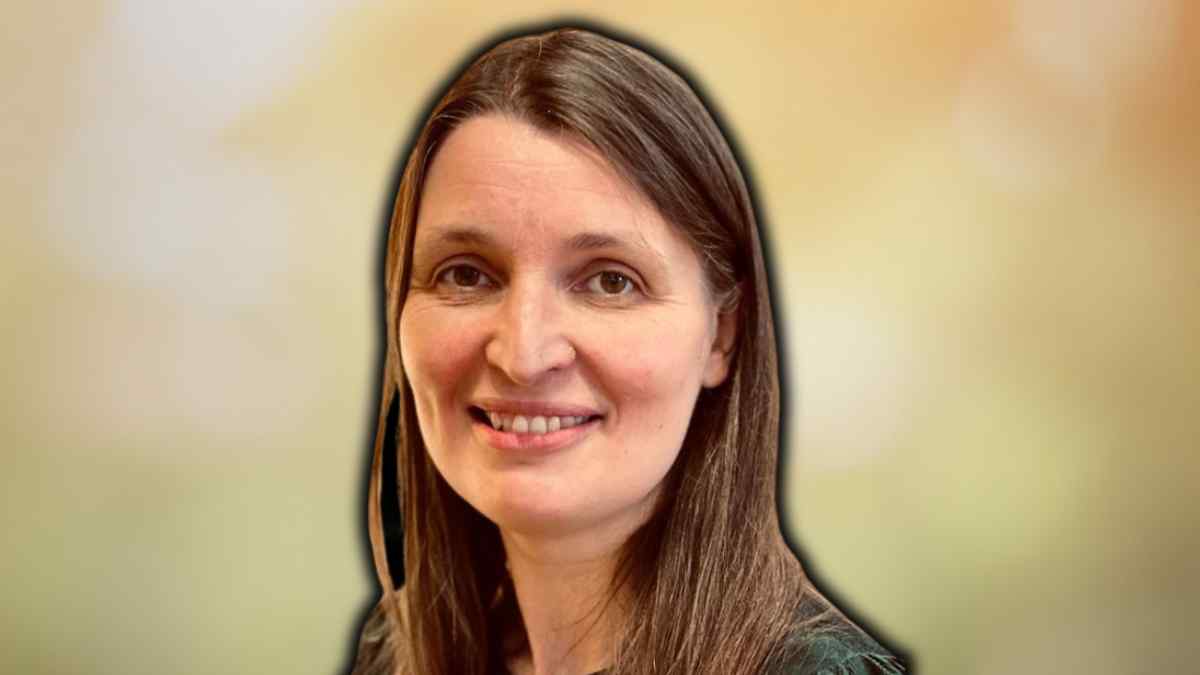Louise Reid: A Maestro of Sacred Music and Choral Excellence

Louise Reid, a name synonymous with excellence in British sacred music, has carved an inspiring path through the world of choral and organ performance. From an early age, music played a central role in her life. Raised in a spiritually rich environment as the daughter of a Methodist minister, Reid was immersed in the harmonies of worship and the structured elegance of liturgical tradition.
Her natural talent and affinity for the organ and choral music were recognised early, paving the way for a distinguished musical education. She attended Oxford University as an organ scholar at Lincoln College, an achievement marking both her technical brilliance and academic prowess. This foundational period would prove pivotal, shaping her understanding of both historical and contemporary sacred music.
World-Class Training and Influences
Louise Reid continued her education at the prestigious Royal Academy of Music, where she honed her skills in organ performance, voice, and choral conducting. She also served as an organ scholar at Westminster Abbey, one of the most revered religious institutions in the UK. These experiences were not only enriching but also offered her opportunities to collaborate with some of the finest minds in ecclesiastical music.
A notable influence in her journey was Catherine Ennis, whose guidance and musicianship provided an inspirational model for Reid’s development. Participating in RSCM (Royal School of Church Music) courses further deepened her connection to the broader choral community, both in the UK and internationally.
Leadership in Cathedral Music
One of Reid’s most significant contributions to British music has been her leadership within cathedral music programmes. She was instrumental in founding the Girls’ Choirs at both Guildford and Ely Cathedrals, trailblazing new opportunities for young female singers. These roles not only showcased her vision and organisational capabilities but also reflected her commitment to inclusivity in the church music tradition.
At Guildford Cathedral, she was known for her meticulous preparation, inspiring rehearsal techniques, and the warm rapport she developed with choristers. Similarly, at Ely Cathedral, she left a lasting legacy through her innovative programming and strong emphasis on musical education.
Director of Music at St John’s College, Durham
Perhaps one of her most celebrated roles was as Director of Music at St John’s College, Durham, a post she held from 2019 to 2024. Here, she led the Chapel Choir of St Mary the Less, an ensemble known for its precision, expressive depth, and vibrant participation in weekly evensongs.
Under her direction, the choir flourished. She introduced a broader repertoire, fostered a nurturing environment for student musicians, and maintained a high standard of performance. One of her standout achievements was a recording of Joanna Marsh’s All Shall Be Well, a work that encapsulated the choir’s refined tone and her sensitive musical direction.
Beyond routine worship, she organised tours and special events that brought wider recognition to the choir and the college. Reid’s time at Durham also saw her offering vocal coaching at Durham Cathedral, further amplifying her influence in the city’s musical life.
Broadcasts and International Recognition
Reid’s work extended far beyond the walls of churches and colleges. She served as Musical Director for the BBC Daily Service, a prestigious role that reached thousands of listeners and required a sophisticated understanding of liturgical timing, audio production, and musical sensitivity.
Her participation in RSCM choral courses led her to various locations across the UK and the USA, where she led training sessions, masterclasses, and rehearsals for aspiring organists and choir directors. She is respected internationally for her ability to balance discipline and creativity, a rare combination that makes her approach both structured and artistically free.
Her recital work is equally distinguished. She has performed in venues across the globe, including in Perth and Sydney, Jerusalem, Montreux, and numerous British cathedrals. Her interpretation of Olivier Messiaen’s La Nativité du Seigneur, recorded at Wakefield Cathedral, received critical acclaim and stands as a testament to her expressive power and technical command.
Philosophy and Approach to Music
Louise Reid’s philosophy of music is grounded in the belief that sacred music is a form of living worship. She views every performance as an offering, where precision meets passion and where tradition dialogues with innovation. Her rehearsals are known for being thorough and rigorous, yet uplifting and inspiring.
Colleagues often speak of her calm authority, her ear for nuance, and her ability to draw out the best in her musicians. She believes in mentorship, in nurturing young talent with patience, and providing them with the tools to flourish independently. Her inclusive approach has made her a respected leader in a field that has long needed more women in senior musical roles.
Honours and Recognition
Reid has been awarded Fellowship of the Royal College of Organists and holds honorary accolades from both the Royal Academy of Music and the Royal School of Church Music. These honours not only recognise her artistic contributions but also her advocacy for the future of church music.
She is a frequent speaker at conferences and continues to influence the next generation of church musicians through her writings and workshops. Her contributions have been celebrated not only for their artistic value but also for the way she uplifts and modernises sacred traditions.
Legacy and Future Endeavours
Having completed her tenure at Durham, Louise Reid continues to explore new avenues. Whether through guest conducting, educational outreach, or further recordings, her career shows no signs of waning. She is expected to take on new leadership roles in British choral institutions and continues to be a sought-after figure in international sacred music circles.
Her influence is felt not just through the performances she directs but through the countless young musicians who pass through her tutelage and go on to spread her principles of excellence, compassion, and musical integrity.
In an age where many fear the decline of traditional sacred music, figures like Louise Reid offer a compelling counter-narrative. Through her work, she demonstrates that ancient forms can not only survive but flourish in the modern world when approached with respect, creativity, and a commitment to quality.
A Woman of Firsts
It is worth acknowledging that Louise Reid has achieved all this in a field that has traditionally been dominated by men. From her founding of girls’ choirs at two major cathedrals to her directorship at St John’s College, she has opened doors for many others to follow.
Her success is not just in the music she creates but in the institutions she shapes and the cultural perceptions she challenges. In doing so, she ensures that British choral music remains both inclusive and forward-looking.
Conclusion
The story of Louise Reid is more than a biography; it is a study in dedication, artistic excellence, and transformative leadership. Her life’s work encapsulates the power of music to uplift, unite, and inspire. As British sacred music continues to evolve, her contributions stand tall as beacons of what is possible when talent meets purpose.
In every note she plays and every choir she leads, Louise Reid affirms the timeless relevance of choral music and the human spirit behind it. Her journey continues to influence countless listeners, performers, and future leaders in music, and her name rightly belongs among the greats of British organ and choral tradition.



